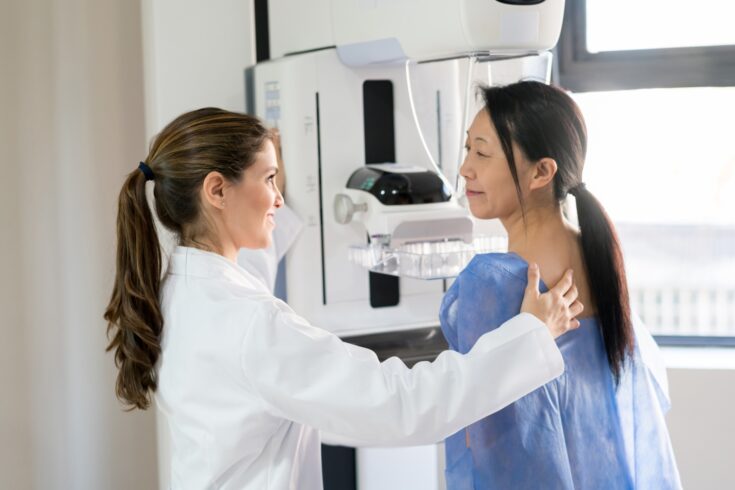Black and South Asian women in the UK are significantly less likely to attend NHS breast cancer screenings, contributing to delayed diagnoses and poorer outcomes. In Liverpool, where health inequalities are some of the most entrenched in the country, the Arts and Humanities Research Council-funded ReCITE project took an innovative approach. They used creative storytelling, poetry, and public performance to reconnect underserved communities with life-saving services provided by the NHS.
Revealing the power of arts-led collaboration
ReCITE brought together artists, health professionals, and local women to co-create culturally relevant engagement activities, including creative workshops, street performances, and a widely shared animated film. Working in areas like Everton and Anfield, the project sparked over 2,000 public conversations about breast cancer and screening and led to a 25% reduction in missed mammogram appointments. By addressing stigma, fear, and mistrust head-on, ReCITE demonstrated how arts-led collaboration can shift attitudes and improve access to care.
The project also helped reshape how health partners engage with communities. In March 2025, the team hosted the first Creative Health Exchange at Liverpool Lighthouse, bringing together healthcare commissioners, community leaders, and cultural organisations to explore future strategy. Backed by Liverpool City Region Combined Authority, the exchange will now become a regular fixture to help embed creative health into the region’s commissioning frameworks. Nine community co-researchers are also continuing to evaluate the approach and advocate for its expansion.
Supporting UK government health policy
ReCITE contributes to the UK government’s ambitions for a healthy society and robust health and social care system. It is aligned with key policy initiatives such as the NHS Long Term Plan and Women’s Health Strategy for England. As policymakers and healthcare specialists seek new ways to build trust, reduce inequalities, and improve early diagnosis, this project shows how creative practice, rooted in local voices, can help deliver healthier, more connected communities.

